
Home
Publications
Publications
Showing 0 to 0 of 0 results

Statements
2025-06-25T16:51:49
APHR Condemns Killing of Filipino Human Rights Defender, Demands Swift and Impartial Investigation
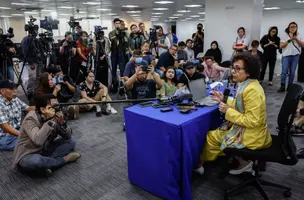
Statements
2025-06-19T15:11:46
APHR to Marcos Administration: End Red-Tagging, Free Human Rights Defenders, Act on UN Recommendations Now
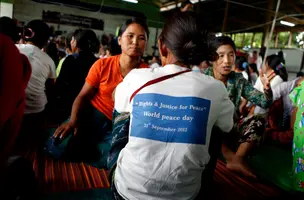
Statements
2025-05-02T16:32:57
APHR FFM Reveals Alarming Crisis: ASEAN Must Demand Permanent Ceasefire and Protect Myanmar’s Refugees and Political Prisoners
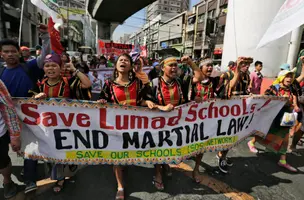
Statements
2025-03-27T15:07:36
Southeast Asian MPs: Release Lumad Leader Michelle Campos and Her Companions
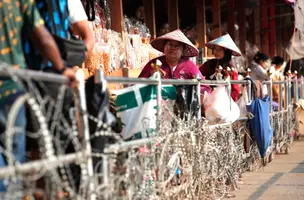
Statements
2025-03-25T13:26:43
APHR Applauds Thai Parliament’s Initiative on Myanmar Crisis and Calls for Unified, Gender-Inclusive Peacebuilding
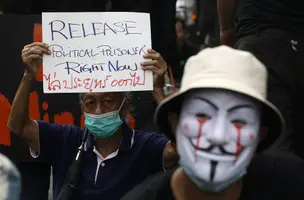
Statements
2023-02-10T10:27:57
Southeast Asian MPs urge the Thai government to listen to hunger strikers, amend the lèse-majesté Law
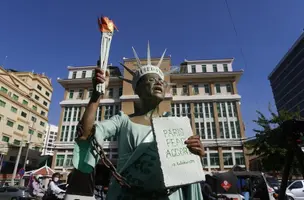
Statements
2022-09-22T01:41:54
ASEAN MPs condemn latest trials against Cambodian political opposition as an assault on democracy
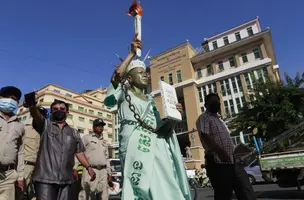
Statements
2022-06-16T04:02:21
Baseless sentences against Cambodian opposition and activists should raise alarm within ASEAN
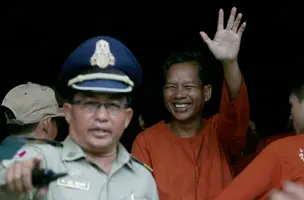
Statements
2020-12-03T09:29:27
Cambodia’s Government Should Stop Silencing Journalists, Media Outlets
TOP
ASEAN Parliamentarians for Human Rights (APHR) was founded in June 2013 with the objective of promoting democracy and human rights across Southeast Asia. Our founding members include many of the region's most progressive Members of Parliament (MPs), with a proven track record of human rights advocacy work.
Copyright © 2024-2025 All Rights Reserved - ASEAN Parliamentarians for Human Rights (APHR)
Website by Bordermedia